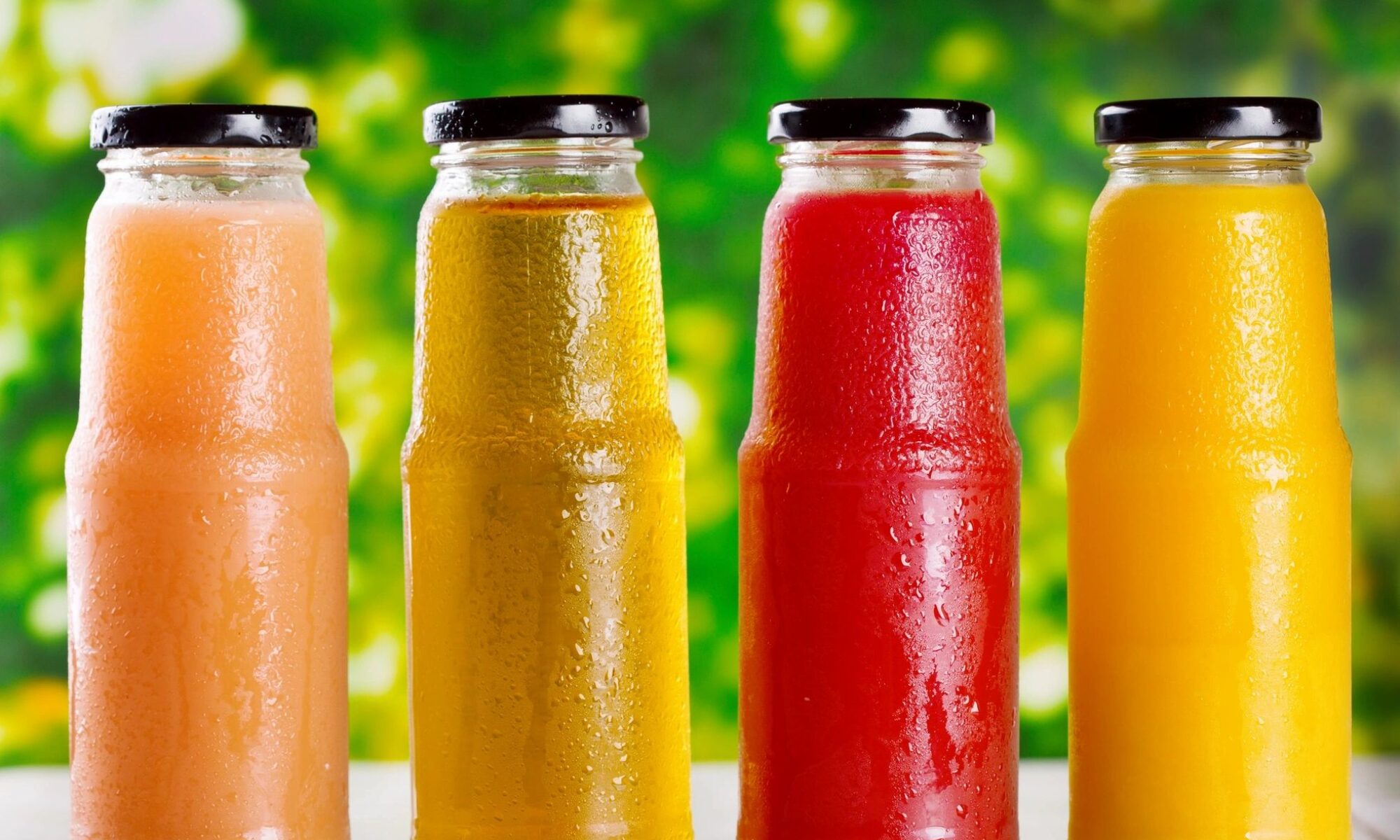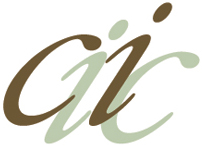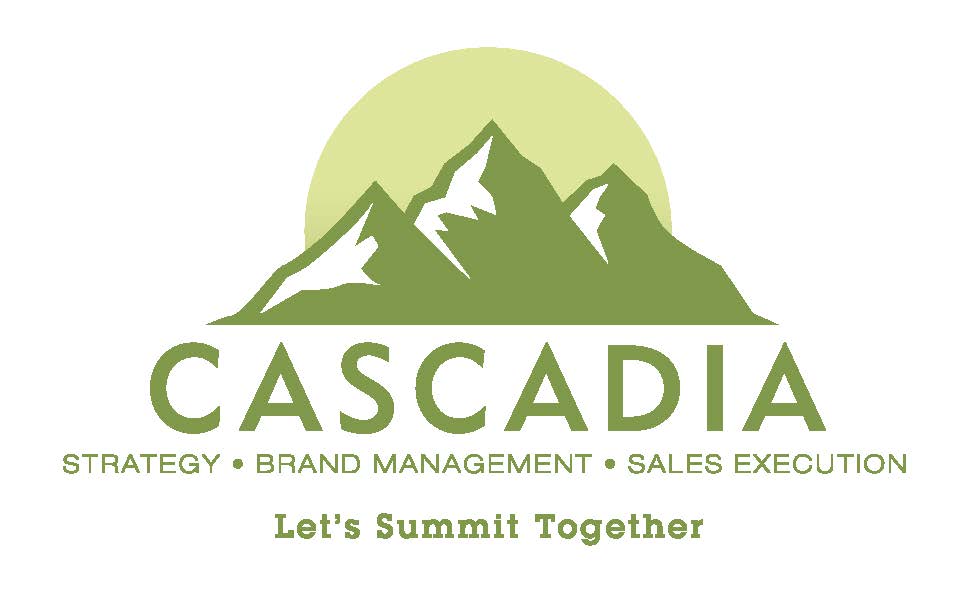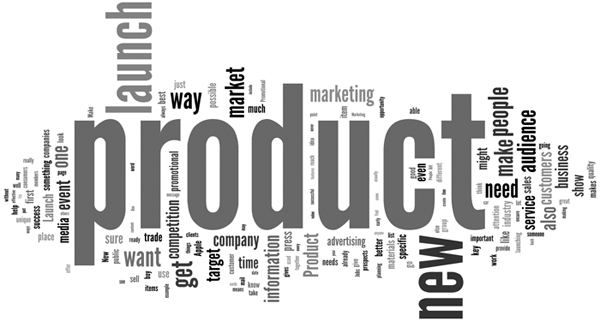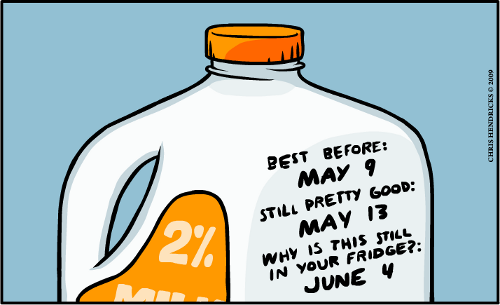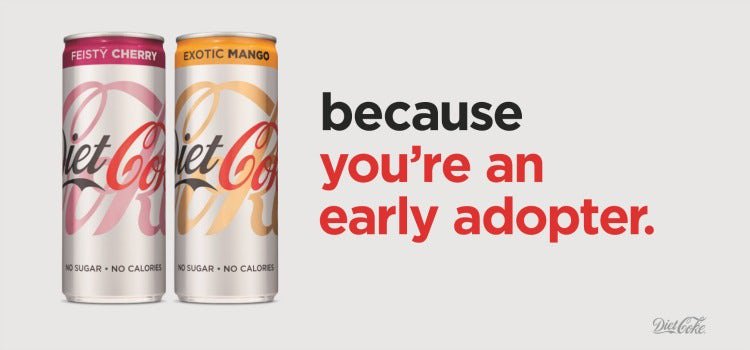
Hiring a public relations agency at the right time is crucial to the success of your brand, especially in this “Amazon Era”. A dedicated PR agency not only helps create brand awareness before and after a product launch, but also offers a plethora of services important to your overall ROI, including securing A-list press coverage, brand exposure, consumer activations, creative campaign ideation, social media management, influencer marketing, brand partnerships, and crisis communications, among other services.
Word of mouth is a powerful tool, however strategic media relations outreach and a measurable public relations program — whether you are a startup or an established brand launching a new product — will help determine the right messaging and strategic approach to ensure you reach your target consumer.
When to hire a PR Agency?

There is a common misconception that brands should engage a PR agency after they launch their product or service or once they are available for distribution, ie, at Amazon or other e-commerce platforms. Hiring a PR firm is like bringing on an experienced partner to help you throughout the “on boarding” process, from start to finish, whether it’s a rebranding, important company development or a product launch. Additionally, it often takes months to get a good PR hit (yes you get PR before 3 months),—but consider the time it takes to select the right media targets, the time it takes to send them samples, the time it takes to follow up, and the timing of their editorial calendar. Additionally long lead magazines like Everyday with Rachel Ray, Vogue, etc. work on “long lead” times which can be 3-6 months. Most long lead publications, as of the day of this writing, are already working on their November and December holiday issues.
Your PR agency will not only promote the launch of your brand or product, but will work with you from the beginning to develop creative strategies and ideas that will attract the media, retailers and distributors and your target consumer audience. They work in partnership with you to create key messages, support with website copy and content development, and conduct focus groups to learn what your consumers are looking for and how they will respond to your product launch. They often help in creating ideas that generate attention from distributors and retailers and make your brand stand out. No one wants to be considered “just another brand” by buyers.
Involving a PR company during your start up stages strengthens your brand’s credibility, builds momentum, and stimulates consumer demand. Consumer trust can also be destroyed when a company promises one thing but delivers another. Look at many poor Amazon reviews and you will see a lot of companies unintentionally over promise and under deliver. Therefore, messaging should be managed carefully. When it comes to a product launch, the consumer will already have perceptions of the brand’s product based on word-of-mouth, social media messaging, media articles, product reviews, and marketing efforts. By having all of these key tactics in place, you have a better opportunity to launch your produce or service successfully.
How does PR support Amazon reach & sales?
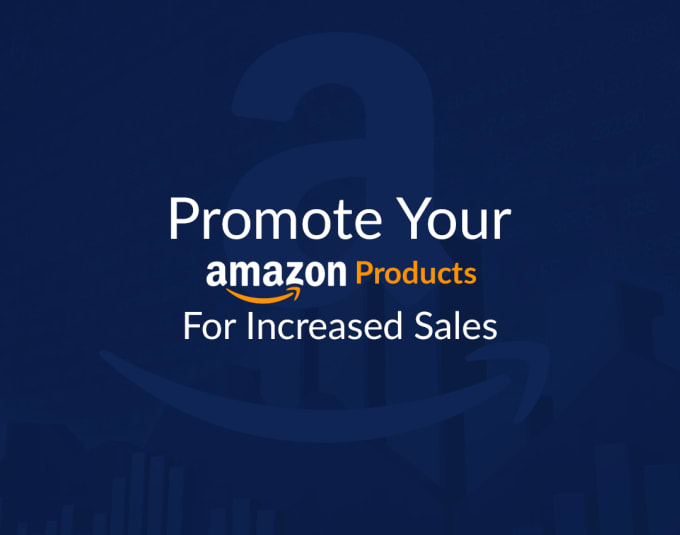
What role does PR play in Amazon sales and distribution? Product availability and Amazon distribution are promoted through public relation efforts via press releases, social media messaging and secured media coverage. When media outlets include a brand or product in a round up or feature article as a result of the PR agency’s outreach, they include the Amazon link where readers can purchase the products, resulting in sales and website traffic.

Another way PR can support Amazon sales is through influencer marketing. Influencer marketing has become one of the most sought -after channels to reach consumers organically. Whether we like it or not, content creators and influencers are here to stay and their power and influence in consumers’ behavior and choices will continue to grow.
Like many businesses, Amazon engages with influencers to promote its products through affiliated links. Through the Amazon Influencer Program, influencers receive a portion of the sales of a specific product they promote in their social media or blog when people click through the affiliated link. Although there are no additional fees for brands and Amazon covers the commission for each unit the influencer sells through their shop, there is no guarantee influencers will promote your product unless you are working directly with the influencers.
Here is where your PR agency comes in to support through an influencer partnership and campaign. Your PR agency partner can manage the influencer campaign on behalf of your brand by carefully vetting influencers, providing recommendations, drafting the messaging, providing key branding assets and overseeing deliverables and results.
For a brand trying to increase their sales on Amazon, leveraging influencers is a great way to raise brand awareness, grow exposure on the platform, and generate sales as influencers have the credibility and an audience who is looking for their recommendations.
Want to learn more?
Cascadia has partnered with CIIC (www.ciicnews.com) to provide consulting or project-based PR services to brands looking to successfully compete in the food & beverage industry. Contact Paola Cuevas at [email protected] to learn more about their food & beverage experience and how they can help you get your product in the news and “off the shelves” in no time.
Cascadia Managing Brands offers its clients outsourced sales, brand management, Amazon setup and sales, traditional retail sales, marketing, new product development, operations, production and logistics.
Cascadia Managing Brands helps brands reach critical mass faster, cheaper, better, and smarter. From business plan development to the actual execution of the plan, from strict consulting advice to managing your sales or sales team, marketing and operational plan; Cascadia Managing Brands is the outsourced resource for large and small beverage companies alike.
Cascadia Managing Brands has over 75 plus years of food and beverage experience including Evian, Zico, Hint, C2O Coconut Water, Nantucket Nectars, Fresh Samantha (Odwalla), Naked Juice and many more.
For more information about Cascadia Managing Brands please visit us at http://www.cascadiamanagingbrands.com. Please visit our Facebook Page at http://www.facebook.com/Cascadiamanagingbrands or our Twitter page at http://twitter.com/cascadiabrands.
For additional information about Cascadia Managing Brands go to www.cascadiafoodbev.com
